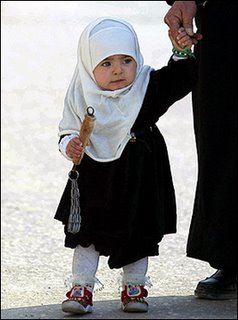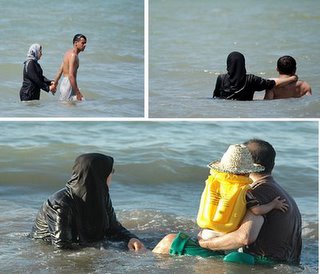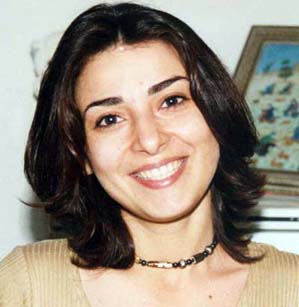Iran bekommt 60 Tage Zeit Der Uno-Sicherheitsrat hat im Atomstreit mit Iran am Samstag einstimmig die Resolution 1737 verabschiedet. Sie sieht mehrere Strafmaßnahmen und ein Ultimatum vor - die wichtigsten Punkte im Überblick.
Zeitraum: Der Iran muss umgehend die Arbeit an seinen umstrittenen Atomprojekten einstellen, also der Uran-Anreicherung einschließlich Forschung und Entwicklung. Dasselbe gilt für die Arbeit an Projekten im Zusammenhang mit Schwerwasserreaktoren. Die Internationale Atomenergieorganisation (IAEO) soll innerhalb von 60 Tagen prüfen, ob Iran den Forderungen nachgekommen ist. Sollte dies nicht der Fall sein, soll der Uno-Sicherheitsrat weitere Maßnahmen gemäß Artikel 41, Kapitel 7, beschließen. Dieses Kapitel der Uno-Charta schließt militärische Strafmaßnahmen aus.
Handelssanktionen: Die Uno-Staaten werden verpflichtet, direkte und indirekte Lieferungen, den Verkauf oder Transfer von Material, Ausrüstung, Gütern und Technologie, die zum Atom- und Raketenprogramm des Landes beitragen könnten, an Iran zu unterbinden.
Reisebeschränkungen: Die Uno-Staaten müssen ein Komitee des Sicherheitsrates über Reisen von zwölf namentlich aufgelisteten Verantwortlichen des iranischen Atom- und Raketenprogramms informieren.
Finanzsanktionen: Die Uno-Mitgliedstaaten müssen umgehend alle Geldmittel, Finanzguthaben und anderen wirtschaftlichen Ressourcen auf ihrem Gebiet einfrieren, wenn diese direkt oder indirekt mit dem Atom- oder Raketenprogramm des Iran in Verbindung stehen.
Sanktionen im Bildungsbereich: Die Ausbildung iranischer Staatsbürger wird untersagt in Bereichen, die für das Atom- und Raketenprogramm genutzt werden könnten


